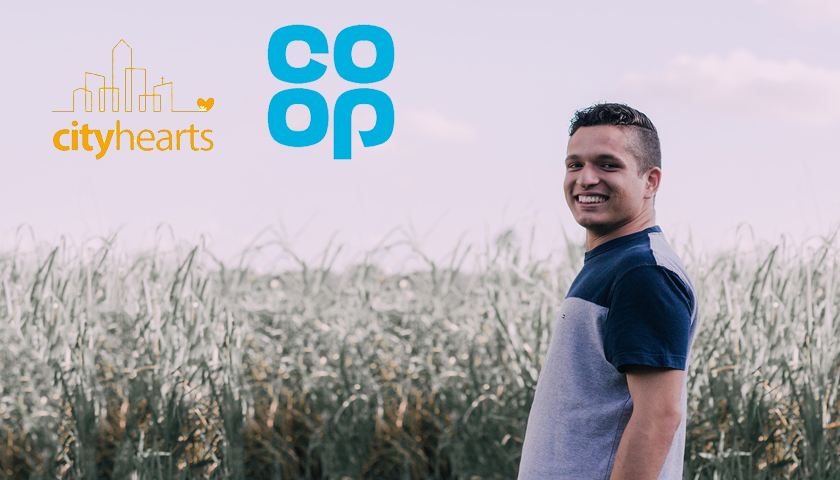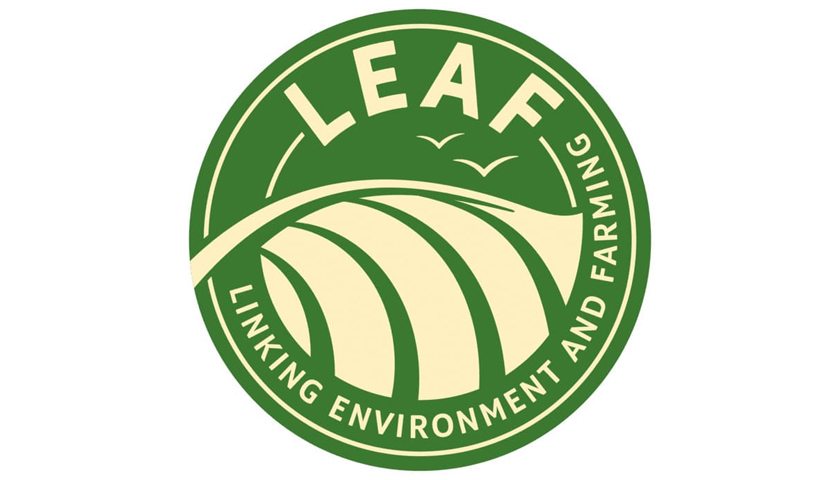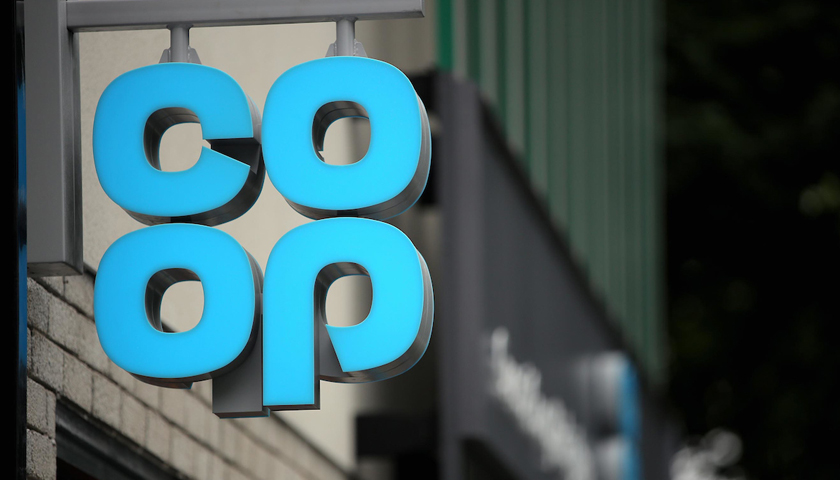Some of the UK’s leading businesses, led by the Co-op, are set to create up to 300 jobs for the victims of modern slavery by 2020.
Up to 20 large firms, from various sectors of the economy, are on the verge of signing up to an innovative employment programme called Bright Future, devised by the Co-op, in conjunction with City Hearts, to provide work for people rescued from enslavement.
The companies joining the scheme will work hand in hand with a network of local charities in order to put survivors of modern slavery in touch with the businesses that have jobs available.
Under the Bright Future scheme victims are offered a four-week paid work placement leading to a non-competitive interview. If this placement is successful the candidate will be offered a job
Already more than 30 vulnerable survivors are being given a chance to rebuild their lives after securing placements through Bright Future and in its statement on modern slavery, which large companies are compelled to produce, the Co-op says it is confident it will increase to 85 by the end of the year as other businesses come on board.
Alongside the Co-op and a number of its suppliers, other co-operative businesses and household names are expected to sign up to the Bright Future programme in the next few weeks.
Steve Murrells, CEO of the Co-op, took to the stage on the 17 April, to tell revellers at the Global Citizen Live Festival in London, where Emeli Sandé, Professor Green and Naughty Boy also appeared, how they can help victims of modern slavery.
He urged them to write to their MP asking them to support the Modern Slavery (Victim Support) Bill going through Parliament at the present time to allow more survivors the chance to take advantage of the opportunities Bright Future offers.
“We think of slavery as something from the history books but it is happening in the UK at this very moment. “This is a blight on our society which impacts on our fellow human beings in the most unimaginable ways as they are stripped of their freedom and their dignity. Hidden in plain sight working in nail bars, car washes and in private homes.
“Having heard at first hand the harrowing stories of people who have been caught up in this heinous crime, I am proud that we working to help eliminate it.
“It is clear that victims need to be supported while they rebuild their lives and central to that is the dignity that paid, freely chosen employment provides. Without this, there is a real chance that they could fall back into the hands of those who have exploited them and for the terrible, unspeakable cycle of enslavement to begin again.”



